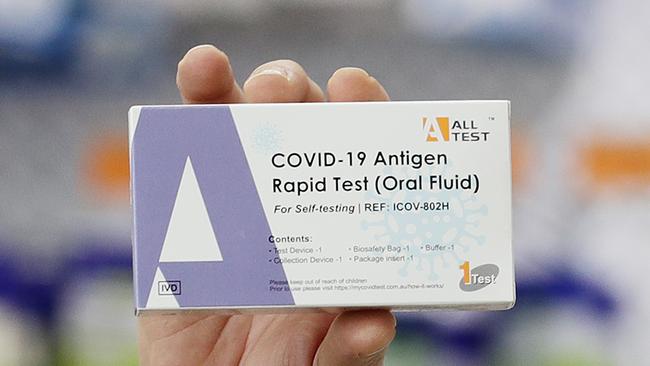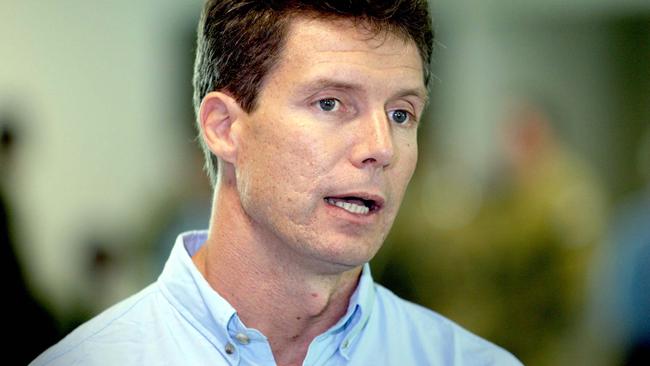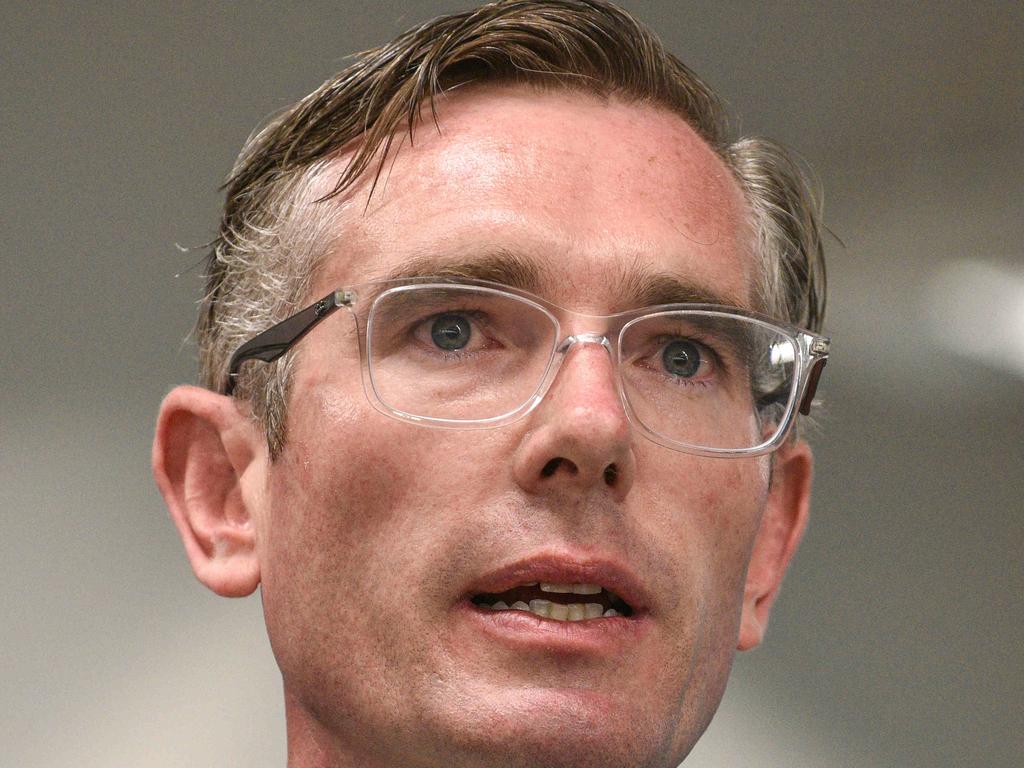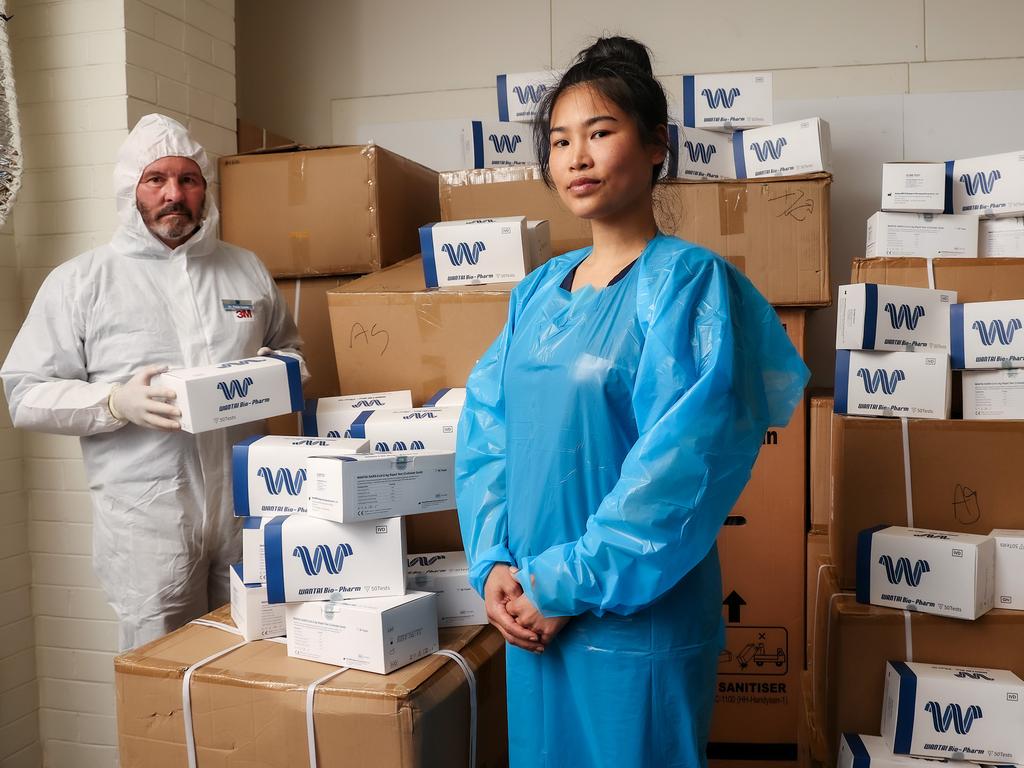Coronavirus: Losing RAT race was totally avoidable, physician Ian Norton says
The fallout from the catastrophic shortage of rapid antigen tests reaches far beyond consumers trawling empty shelves to find out if they have Covid-19.

The fallout from the catastrophic shortage of rapid antigen tests reaches far beyond frustrated consumers trawling empty pharmacy shelves to find out whether that scratchy throat is Covid-19.
In the space of a few days, the nation has pivoted from the “gold standard” PCR to the “good enough” RAT – before any viable system was put in place to record results or act on them.
And before there were remotely enough RAT kits available to become the national testing workhorse.
And it was all entirely preventable.
For one of the emergency health chiefs now working to help the industries most affected – the distribution centres and supply chains, where desperate workers struggle to prove they have tested negative so they can return to their jobs – it didn’t have to be this way.
Specialist emergency physician Ian Norton doesn’t mince words. “I’m disappointed we weren’t better prepared because we were advocating for preparation for this for some time, to get ready, to have a stockpile ready to use at the state and commonwealth level,” he says.
“We had some time and we didn’t use it for what it was.”
Dr Norton is a former head of the World Health Organisation’s emergency medical team who helped advise the commonwealth on the management of the Howard Springs quarantine facility. Six months ago, as boss of health crisis management outfit Respond Global, Dr Norton was desperately trying to convince Australia’s most senior politicians and health bureaucrats that they needed to massively invest in RATs.

“It’s tough to watch now because we were advocating for so long and I remember vividly having lots of conversations with chief health officers and their various staff in different jurisdictions and saying, this is really relevant, particularly to a couple of industries we’ve been supporting, such as the meat sector and distribution centres, these are places we should have seen as critical.”
Dr Norton is still working to support those vital supply chains but his work now has become a rescue mission.
The shortage of RAT tests, he says, is exacerbating already critical labour shortages because while close contacts are now allowed back to work in critical industries even if they are close contacts, they still need to do a RAT test to be allowed back to work. And tens of thousands of workers can’t find them for love or money.
“We were watching other countries stocking up on RAT tests and wondering why on earth we were not getting ready in case that happens here. Was it that we truly felt it would never happen to us here?”
The sudden move to make RAT results an official record of a positive result, without the tests themselves being widely available, will make case numbers meaningless for the foreseeable future, epidemiologists believe.
Many positive cases will not do a PCR test but also not have their RAT result registered.
UNSW epidemiologist Mary Louise McLaws says it is vital RAT tests are freely available, with positive and negative results properly reported so the positivity rate is known.
“In outbreak management, you do need to know who’s becoming infected, it’s really important,” Professor McLaws said.
Dr Norton agrees.
“We have to track cases, even if it’s in broad brushstrokes to the nearest 1000 people, that’s definitely required because they’re still a burden on the health system, we need to know how hard our health system is working.”








To join the conversation, please log in. Don't have an account? Register
Join the conversation, you are commenting as Logout